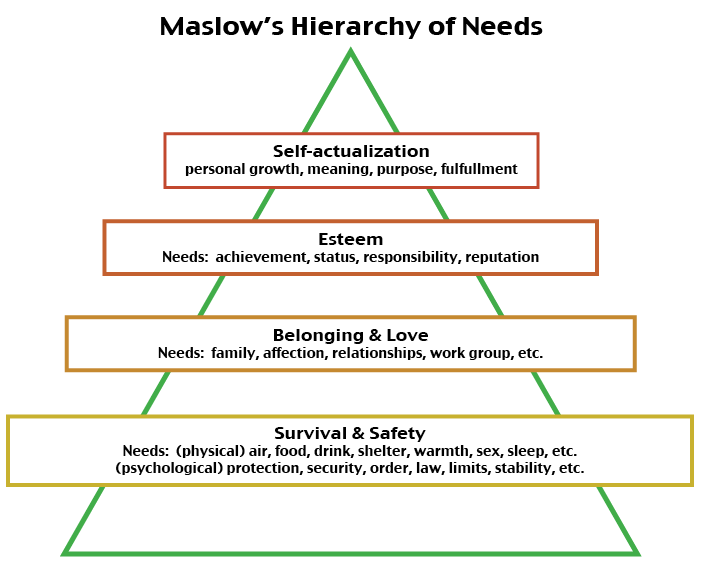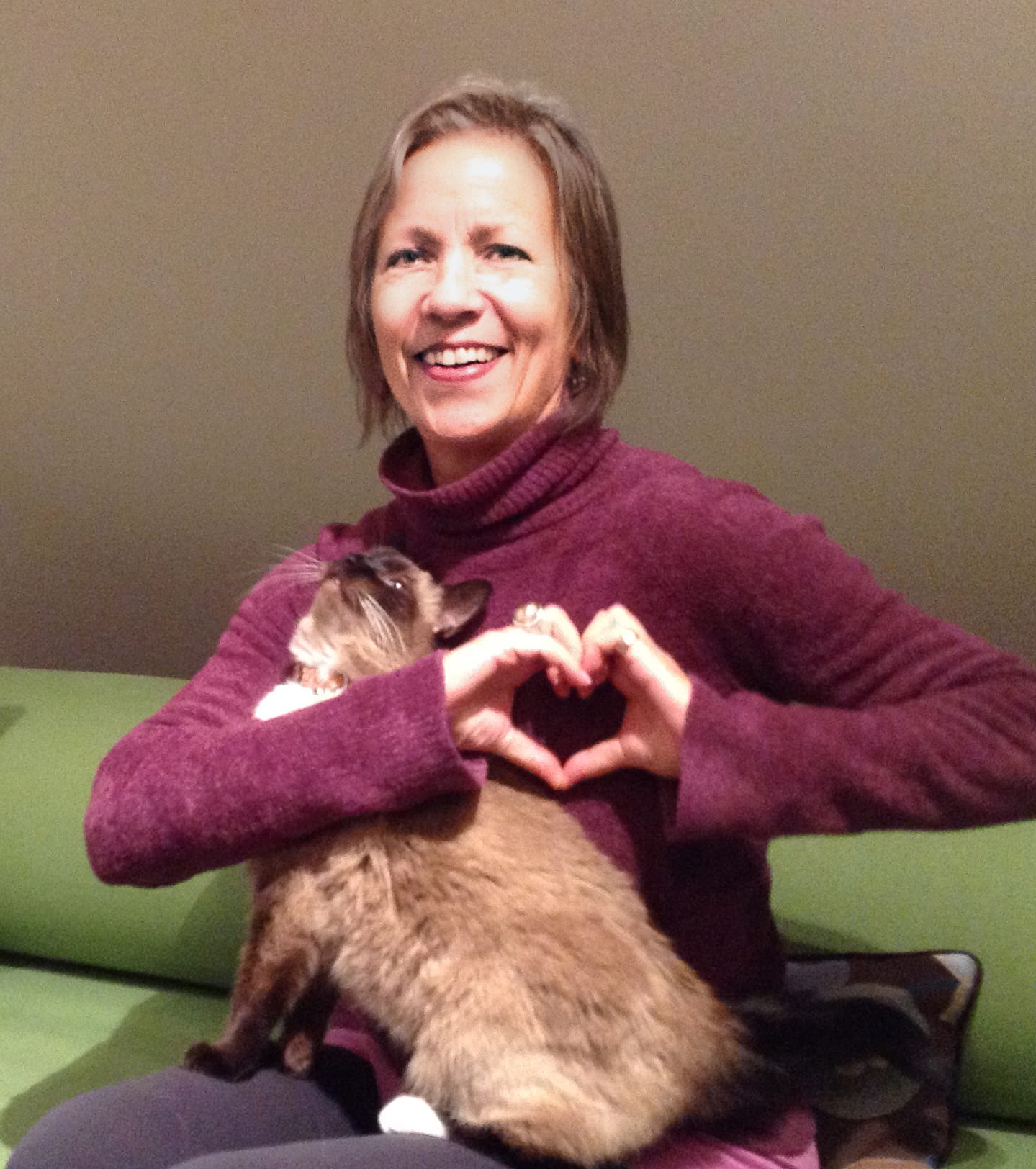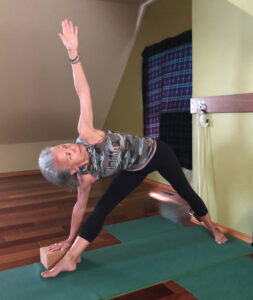The mass migration of over four million Syrian refugees into the European Union poses a second opportunity for that collective of countries (as well as the entire world) to extend compassion and share resources with those in need. Greece’s near bankruptcy highlighted the EU’s first real opportunity to collectively support one of its member nations. At the time, I’m not certain the EU’s involvement was considered supportive.
More likely, the Greeks experienced it as coercive. Although that verdict is still out, IMHO, our life lessons keep showing up until we learn a better way. The Syrian migration appears to be a similar lesson offered up to the world-wide stage. The outstanding question prevails, “Can we all play nicely together in our global sandbox?”
I use the scenarios above to illustrate circumstances where people (and nations) must come together in order for a desired result to be realized. On a smaller scale, we attempt to do this daily in our workplaces under the auspices of continuous improvement and innovation. Fortunately, there are some best practices from this microcosm experience that could be applied to interventions at the global level.
Firstly, recognizing that no matter our culture or religion, deep down we share the following values:
1. Respect for human dignity—humane treatment without manipulation or coercion
2. Co-creation of a desirable future—self-determination within a shared context
3. Collaboration for mutual benefit—working together rather than against each other
4. Wholeness—whole person (head, heart and hands) and whole system fulfillment
Secondly, as Maslow so aptly put it, in order to live our values with integrity (in wholeness and completeness), our basic needs of survival and safety must be provided for.
 As we ascend Maslow’s evolutionary ladder, we build the capacity required for self-actualizing our passions, purpose and potential. In essence, is self-actualization not the life purpose we all share? We aspire to wholeness and completeness. Erhard and Jensen describe this state of being whole and complete as integrity.
As we ascend Maslow’s evolutionary ladder, we build the capacity required for self-actualizing our passions, purpose and potential. In essence, is self-actualization not the life purpose we all share? We aspire to wholeness and completeness. Erhard and Jensen describe this state of being whole and complete as integrity.
We distinguish … integrity as the objective state or condition of an object, system,
person, group, or organizational entity, and … define integrity as a state or condition
of being whole, complete, unbroken, unimpaired, sound.
Given the global violence and terror currently in existence, one could say that as a global society we are broken and incomplete. That is, we are not viewing and treating each other with integrity — as though we are one. Rather, our faulty assumption is that we can survive and thrive even though others are not. In order for the world — a social-ecological-economical system — to work in wholeness and completeness, we must all work together.
We assert that integrity … is a necessary condition for workability, and …
provides … access to the opportunity for superior performance, no matter
how one defines performance.
For an individual we distinguish integrity as a matter of that person’s word being
whole and complete. [W]e define integrity for an individual, group, or organization
as: honoring one’s word — doing what you said you would do and by the time you
said you would do it.
Honoring your word is … the route to creating whole and complete social and working
relationships [and] earning the trust of others. Werner Erhard & Michael C. Jensen
On a personal level, I can attest that it is a tall order to practice integrity. However, the personal peace and self-confidence that accompanies a well-integrated person is also a goal many of us share.
What one step can you take that will bring your head, hands and heart to bear in resolving a world-wide challenge?





